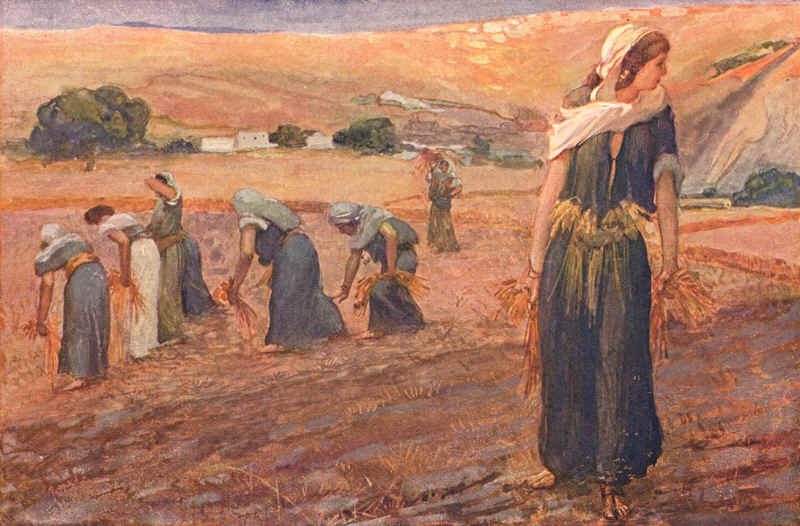Thou Shalt Not Steal
The 8th commandment, "Thou Shalt Not Steal," is one of the commandments that has global support. Everyone, regardless of religious (or nonreligious) affiliation, believes that it is wrong to take property that belongs to another person without their consent, or for another person to take mine. If you read, "Thou shalt not steal," and come to this you are on your way to understanding what it means... but only half way there.
When we talk about stealing we cannot simply begin by thinking of people as a particular owner of an object. No, "The earth is the Lord's and the fullness thereof, the world and those who dwell therein. (Ps. 24:1)" Therefore all of our "possessions" are God's, we are only stewards of God's stuff.
So when we read a prohibition on stealing we shouldn't only abstain from taking what is rightfully someone else's, but we should ask, "What has God given for someone else's enjoyment that I might be keeping for myself?"
For example, the rich fool of a farmer in Jesus' parable (Lk. 12:13-31) was not only greedy, he was also a thief. Not because he engaged in pick-pocketing, but because he was not generous with the bounty God blessed him with. The extra harvest he had no room for should have been distributed to those whose harvest was not so bountiful. Indeed, I might go so far as saying that God blessed the man with extra just so he could be a blessing to those who have no fields to harvest.
We might easily imagine Jesus saying, "You have heard it said, 'Thou shalt not steal.' But I say unto you, whoever refuses to live generously so that others might be blessed is guilty of grand larceny."
It's interesting that Leviticus 19:9-10 talks about how farmers should not reap to the very edge of their fields, or pick up grapes that fell down during the first pass, but they should leave them for the "poor and alien," And then the very first words in verse 11 are, "DO NOT STEAL." Why? Because God intends for that portion to belong to another, and when you harvest to the edges you are actually stealing from God and depriving someone made in God's image.
I don't have the time or desire to dwell on this any further, but I wonder in what ways we as a church might apply this? I was going to say, "in what ways might we as a nation might apply this," but this directive is for the people of God. What we (the church) have done, by and large, is adopt the world's understanding of "Thou shalt not steal." This adoption has led to feelings of materialistic superiority, envy, unbelievable levels of pride, and an unrealistic fear of lack due to a false assumption that there is scarcity.
It's high time for the church of Jesus Christ to unlearn, "Thou shalt not steal," and relearn it in light of the other 9 commandments, and in recognition of the fact that God owns everything. If we come to an understanding that we are stewards, not owners, who are responsible to God and our brother, then we might, by God's grace, become a community that doesn't only abstain from theft, but engages in generosity so that all can enjoy God's gifts.
H
“The bread which you hold back belongs to the hungry; the coat, which you guard in your locked storage-chests, belongs to the naked; the footwear mouldering in your closet belongs to those without shoes. The silver that you keep hidden in a safe place belongs to the one in need. Thus, however many are those whom you could have provided for, so many are those whom you wrong.” - St. Basil
Exodus 20:15 Thou shalt not steal.
Leviticus 19:9 " 'When you reap the harvest of your land, do not reap to the very edges of your field or gather the gleanings of your harvest. 10 Do not go over your vineyard a second time or pick up the grapes that have fallen. Leave them for the poor and the alien. I am the LORD your God. 11" 'Do not steal..."

